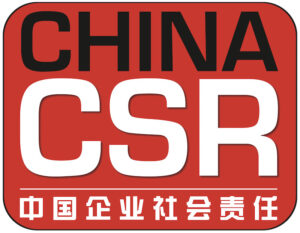A new report alleging corruption in Morgan Stanley's China operations has sullied the firm's aspirations to be a good example of corporate social responsibility.
Reuters has published a damning article that alleges Garth Peterson, a former employee at Morgan Stanley in China, is suspected of violating the U.S. Foreign Corrupt Practices Act by engaging in bribery with Morgan Stanley's government and business contacts in China. The article states Morgan Stanley conducted its own internal investigation and already submitted those findings to the U.S. Securities and Exchange Commission. Peterson was apparently fired in December 2008.
Morgan Stanley does have its own "Code of Ethics and Business Conduct" mission statement which reads, in part: "This Code of Ethics defines the standards of conduct that we expect from our directors, officers and employees to help us make the right decisions in the course of performing our jobs." If the allegations against Peterson, who now reportedly resides in Singapore, are true, then bribery would also conflict with the firm's own ethical code.
For bribery specifically, Morgan Stanley's ethical code states: "Giving anything of value, including gifts or payment for travel and entertainment, to government officials may be limited or restricted by law. Many countries have adopted anti-bribery statutes that prohibit giving anything of value to 'government officials' in order to secure an improper business advantage. The term 'government official' is broadly defined and includes any officers or employees, agents, advisors or consultants or any individuals acting in an official capacity on behalf of government-controlled agencies or enterprises, public international organizations, as well as political parties and candidates."
In recent months in China, companies like Coca-Cola, Avery Dennison, Avon, and Siemens have all been embroiled in their own situations involving corrupt business practices in Greater China. A report released by Deloitte in May 2009 showed that nearly all American companies operating in China were worried that they might violate the U.S. Foreign Corrupt Practices Act.

